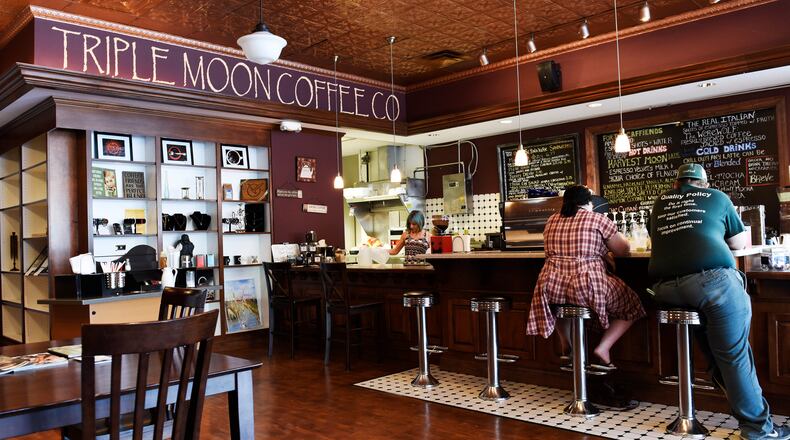MORE CORONAVIRUS: Butler County Jail inmate tests positive for coronavirus
The grant is intended to assist downtown businesses with rent, utility, inventory and loan payments, said Traci Barnett, MCF executive director. She described the funding as a way to “provide relief, quick relief in some instances” for the business owners.
“While there are stimulus dollars available to businesses during the quarantine, the turnaround time is proving to be a problem for ‘mom and pop’ businesses who operate with much smaller budgets,” she said. “Our downtown businesses fall into this category. We want to fill the gap, if you will, while they’re waiting for government assistance.”
Payne said there are at least 50 businesses located within the DMI geography from the railroad track at University Boulevard to the Great Miami River. The application deadline for the grants is noon Wednesday and Payne expects to award about 20 grants in various amounts.
He walks downtown and said it’s “a real shock” to see most businesses closed.
Heather Gibson, owner of Triple Moon Coffee Shop on Central Avenue, applied for a grant and when asked about the potential size of the grant, she said “anything is better than nothing.”
Gibson said she closed her business on March 17 after she saw a 60 percent decline in revenue because of the coronavirus. Financially it was better to close than to keep making payroll, she said.
She wonders when the “stay-at-home” order is lifted, how much she will owe in back rent. If she’s $10,000 behind, how long will it take to “make up that much money,” she asked.
When asked how long she can remain closed and not get upside down financially, she said: “Not long.”
About the Author

